Digital Humanities Summer Fellowships
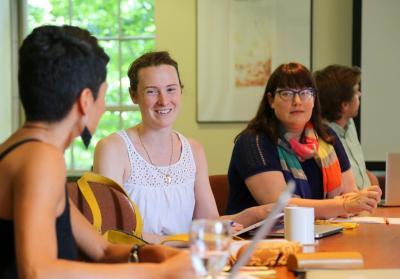
The Simpson Center offers annual summer fellowships for faculty and graduate students to pursue research projects that use digital technologies in innovative and intensive ways and/or explore the historical, social, aesthetic, and cross-cultural implications of digital cultures. The program has three primary goals:
- To animate knowledge—using rich media, dynamic databases, and visualization tools
- To circulate knowledge—among diverse publics
- To understand digital culture—historically, theoretically, aesthetically, and generatively
The Simpson Center gratefully acknowledges the support of a National Endowment for the Humanities Challenge Grant and the Andrew W. Mellon Foundation as well as many donors to the endowment which is underwriting these fellowships.
2025 - 2026 Digital Humanities Summer Fellows
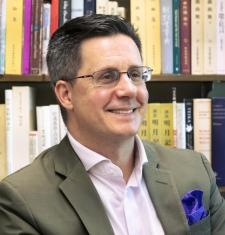
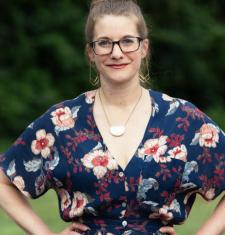
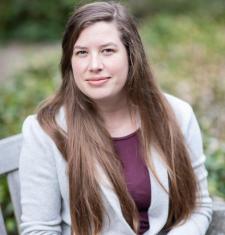
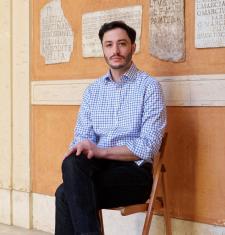
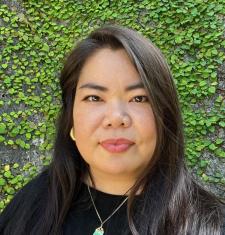
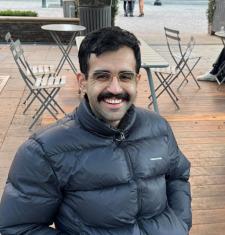

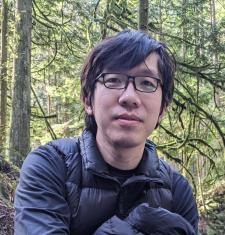
2016 - 2017 Digital Humanities Summer Fellow
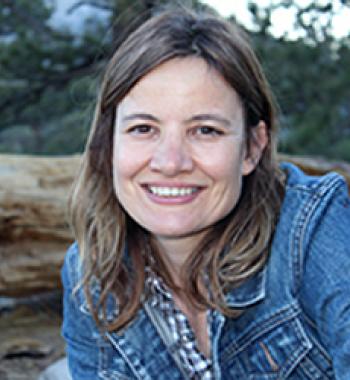
Minda Martin (she/her/hers)
Seattle’s Freeway Revolt
Seattle’s Freeway Revolt is a short documentary and an interactive digital archive illuminating the historical, social, and political contexts of the freeway revolts in Seattle and beyond. The interactive digital archive will feature oral histories—short, edited video interviews with activists, politicians, and others involved in the freeway revolt—and will serve as a repository of video and audio recordings of citizen testimony, maps, and other illustrative and written documents, with links to related resources.